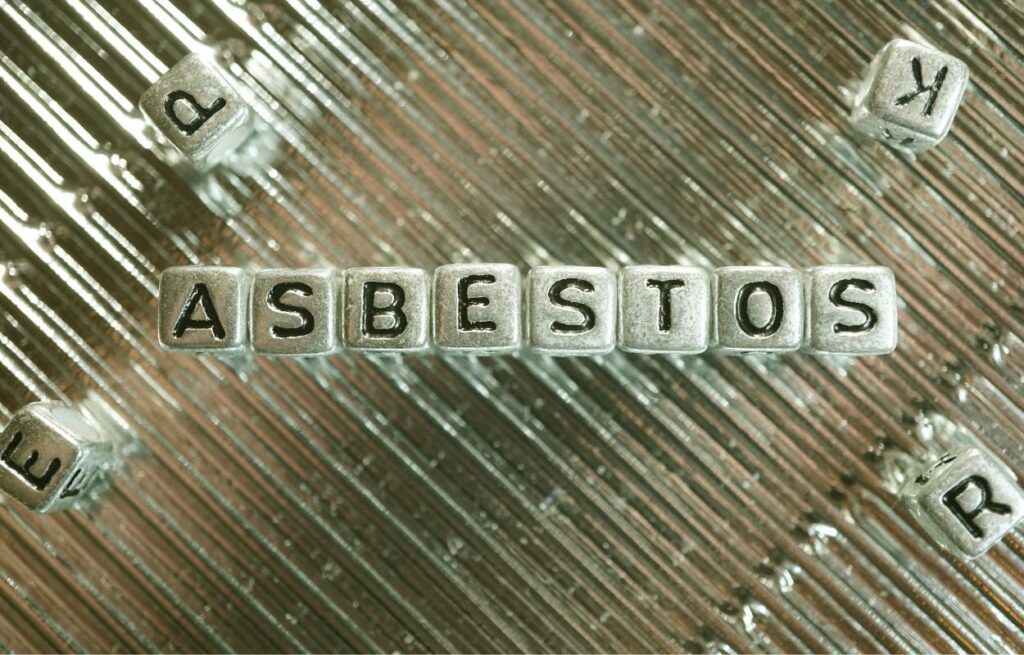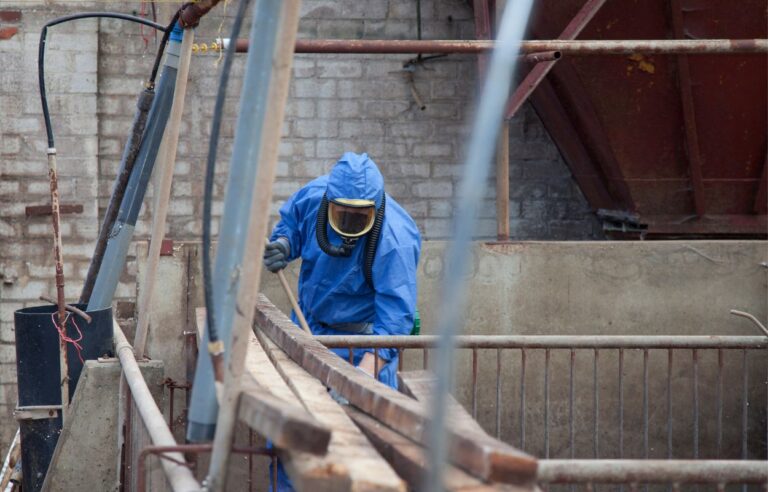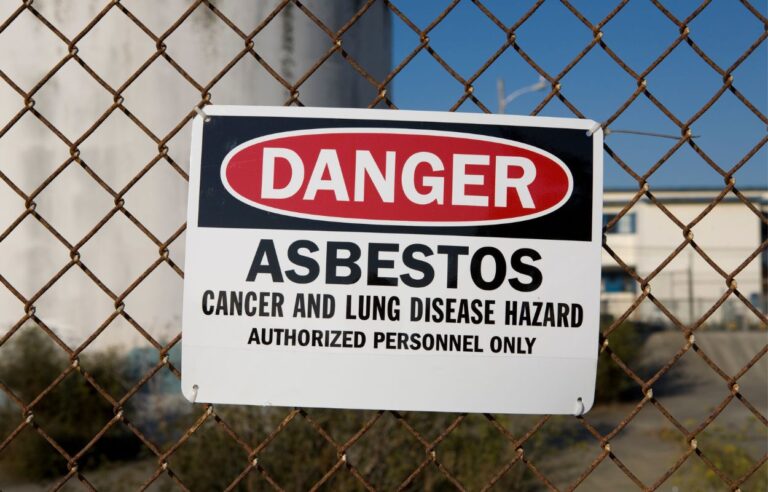
In the realm of construction and home improvement, asbestos has been a prevalent yet silent threat. While its use was once widespread due to its fire-resistant properties, today, we understand the severe health risks associated with asbestos exposure. In this blog post, we’ll uncover crucial asbestos facts, shedding light on the dangers it poses and the importance of local asbestos abatement services.
THE ORIGINS OF ASBESTOS
Asbestos, a naturally occurring mineral, has a long history dating back to ancient civilizations. Recognized for its durability and resistance to heat, asbestos found its way into various industries, including construction, shipbuilding, and automotive manufacturing. Despite its utility, the health hazards associated with asbestos were not fully comprehended until much later.
THE HEALTH RISKS
One of the gravest asbestos facts revolves around its impact on health. Inhalation of asbestos fibers can lead to severe respiratory issues such as asbestosis, lung cancer, and mesothelioma. These diseases may not manifest immediately, often taking years or even decades to develop. Understanding the potential health risks underscores the urgency of addressing asbestos-related concerns promptly.
COMMON ASBESTOS-CONTAINING MATERIALS
Many unsuspecting individuals may be living or working in spaces containing asbestos without even realizing it. Common asbestos-containing materials include roofing shingles, insulation, floor tiles, and textured paints. Renovation or demolition activities in buildings constructed before the 1980s can disturb these materials, releasing harmful fibers into the air.
THE IMPORTANCE OF LOCAL ASBESTOS ABATEMENT SERVICES
Recognizing the presence of asbestos in your home or workplace necessitates immediate action. Local asbestos abatement services play a crucial role in safely removing and disposing of asbestos-containing materials. These specialized services employ trained professionals equipped with the knowledge and tools to handle asbestos safely, minimizing the risk of exposure.
Engaging local asbestos abatement services ensures compliance with regulations, safeguarding the well-being of occupants and the environment. Regular inspections and prompt intervention contribute to creating healthier living and working spaces, free from the lurking dangers of asbestos.
ASBESTOS TESTING: A PREREQUISITE FOR SAFETY
Before any renovation or demolition activities, it is essential to conduct asbestos testing. This involves collecting samples from potential asbestos-containing materials and analyzing them for the presence of harmful fibers. Timely testing not only safeguards the health of individuals involved in the project but also prevents the inadvertent release of asbestos into the air.
THE ROLE OF EDUCATION IN ASBESTOS AWARENESS
Education plays a pivotal role in raising awareness about the dangers of asbestos exposure. Many individuals are unaware of the potential risks associated with asbestos or may underestimate its impact on their health. Promoting educational initiatives that highlight asbestos facts, symptoms of related diseases, and the significance of local asbestos abatement services can empower communities to make informed decisions. By fostering a culture of awareness, we can collectively work towards minimizing the risks of asbestos exposure and ensuring the safety of present and future generations. It is not only the responsibility of individuals but also of communities and educational institutions to disseminate knowledge about asbestos and contribute to creating environments that are free from this hidden threat.
In conclusion, understanding asbestos facts is crucial for safeguarding our health and the well-being of our communities. Acknowledging the potential risks associated with asbestos and recognizing the importance of local asbestos abatement services empowers individuals to take proactive measures. Whether in residential or commercial spaces, being informed about asbestos and its implications allows us to make informed decisions, ensuring a safer and healthier environment for all. Remember, when it comes to asbestos, knowledge is the key to prevention.





